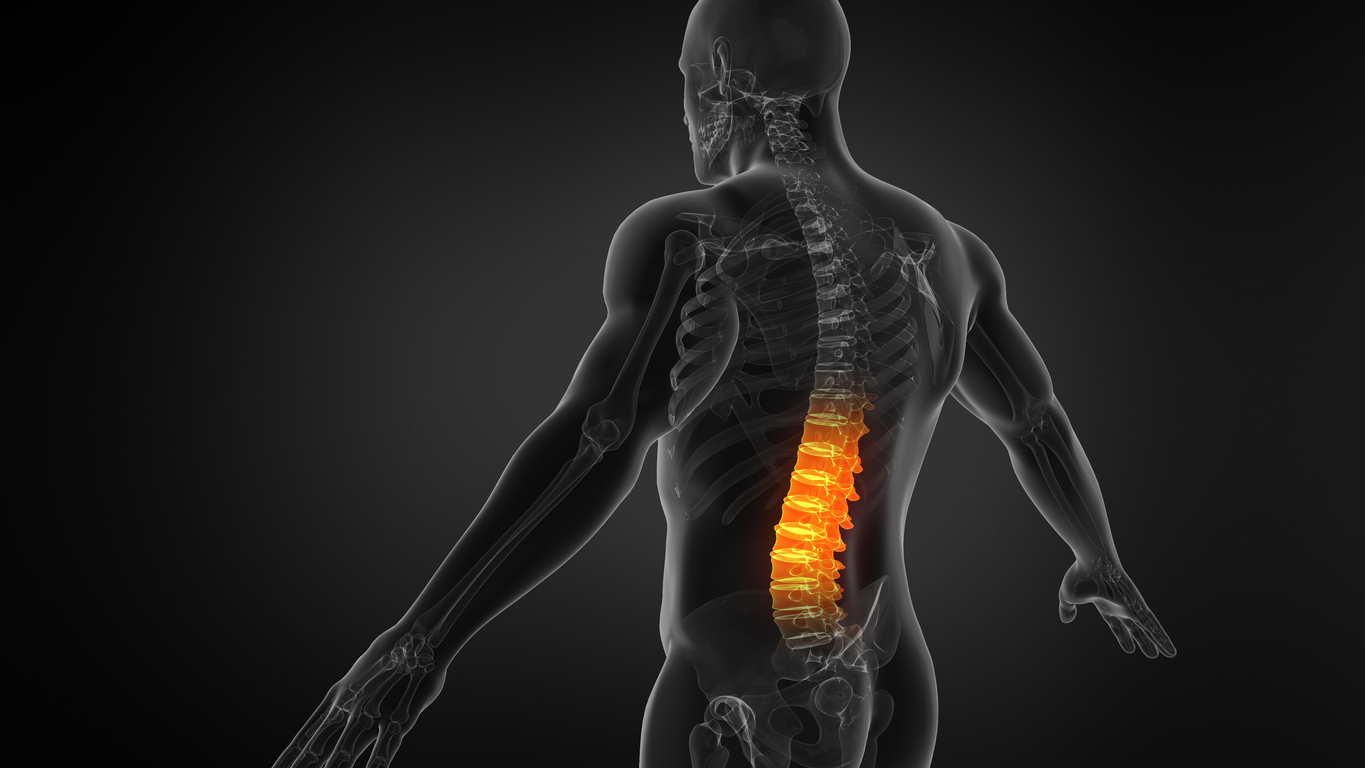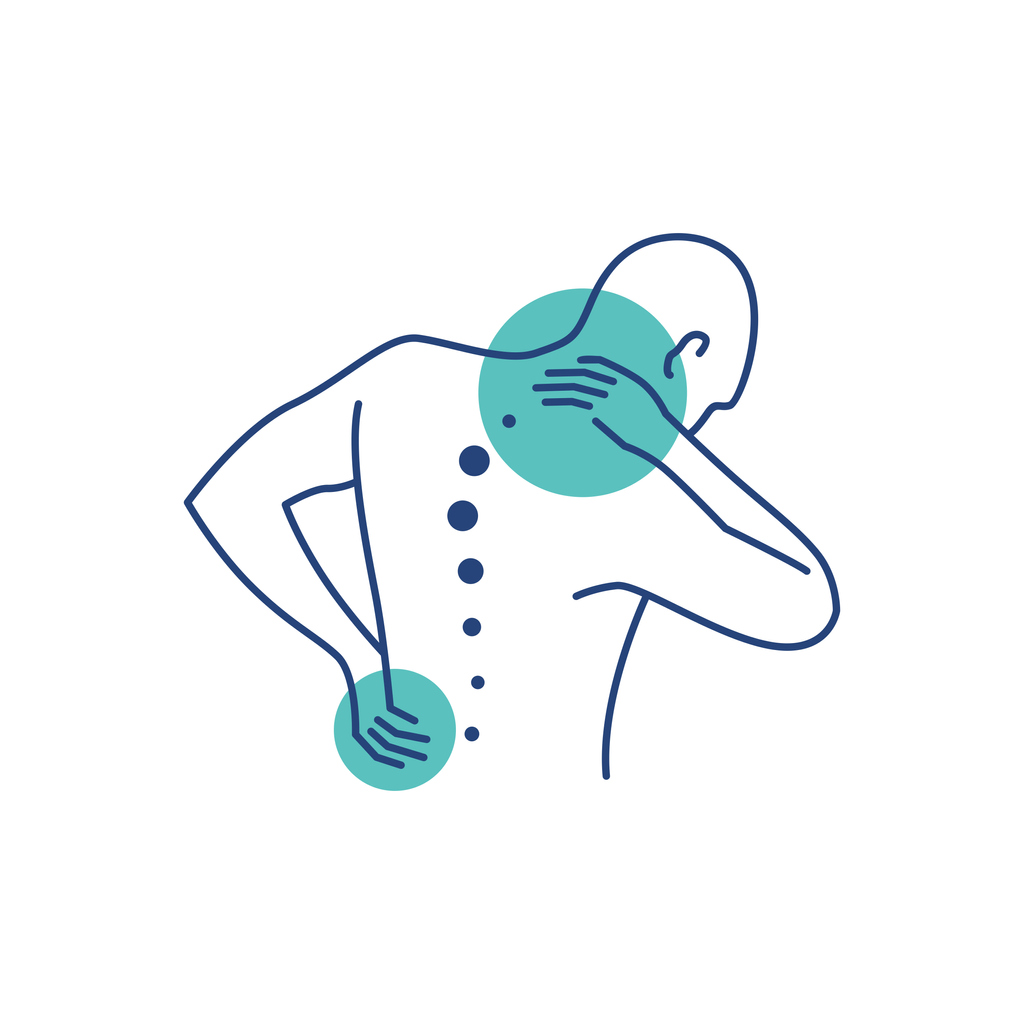Pain
When to Worry About Lower Back Pain

The lower back
The lower back, or lumbar spine, is composed of bones, joints, ligaments, nerves and muscles that work together to support the weight of the upper body. The lower back region provides support for the spinal column and allows the body to bend, twist, and rotate the hips. Nerves in the lower back also connect to the pelvis, legs and feet.
Unfortunately, the lower back is susceptible to pain and injury. An estimated 80% of Americans will experience lower back pain at some point in their lives. It is the most common cause of job-related disability claims and a frequent reason for physician visits.
When to worry about lower back pain
In many cases, lower back pain is not a sign of a medical emergency. However, a health care professional should make a diagnosis and recommend treatment options. There are various health conditions that can cause severe back pain. They include, but are not limited to, the following:
- Abdominal aortic aneurysm
- Spinal fracture
- Herniated disc
- Cauda equina syndrome
- Spinal tumor or infection
- Disc or bone infections
- Kidney infections or kidney stones
- Osteoporosis
- Cancer
- Meningitis
- Spinal stenosis
- Multiple sclerosis
- Transverse myelitis
- Trauma
- Sciatica
When to seek immediate medical care
Lower back pain accompanied by certain symptoms may require immediate medical care. This includes, but is not limited to, the following:
- High fever
- Pain lasting four weeks or longer
- Leg weakness or numbness that increases
- Unexplained weight loss or gain
- Loss of bladder or bowel control
- Balance problems
- Severe stomach pain
- Blood in stool or urine
- Inability to urinate or have a bowel movement
- Recent IV drug use
- Sexual dysfunction
- Pain that continues to worsen
- Recent trauma


















